December 13 stands as one of history’s most eventful days, witnessing the rise and fall of empires, groundbreaking discoveries, and moments that shaped our modern world across centuries of human achievement.

Politics and Government Events on December 13
1949 – Knesset Votes to Move Israeli Capital to Jerusalem
The Israeli parliament made the historic decision to relocate the nation’s capital from Tel Aviv to Jerusalem. This controversial move established Jerusalem as the political center of the newly formed state.
The decision sparked international debate that continues today. Many countries still maintain their embassies in Tel Aviv, refusing to recognize Jerusalem as Israel’s capital.
1959 – Archbishop Makarios III Becomes First President of Cyprus

The Greek Orthodox archbishop successfully transitioned from religious leader to head of state in the newly independent Cyprus. His election marked the end of British colonial rule on the Mediterranean island.
Makarios faced the challenging task of governing a nation divided between Greek and Turkish populations. His presidency would be marked by ongoing ethnic tensions and political instability.
1967 – Constantine II Attempts Counter-Coup in Greece
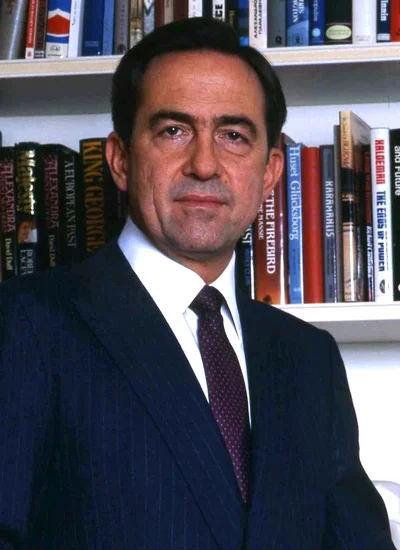
The Greek king launched a failed attempt to overthrow the military junta that had seized power earlier that year. His unsuccessful counter-coup forced him into exile and effectively ended the Greek monarchy.
The king’s defeat consolidated the Colonels’ grip on power. Greece would remain under military rule until 1974, when democracy was finally restored.
1968 – Brazilian President Issues AI-5 Decree
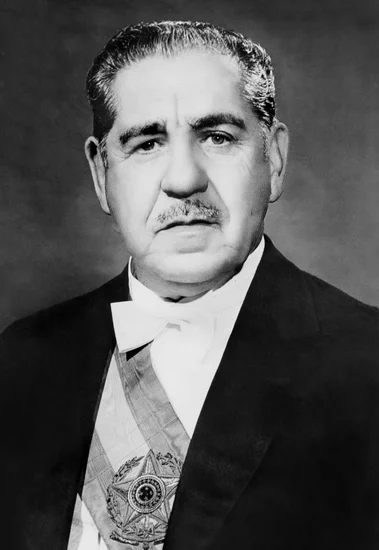
President Artur da Costa e Silva signed the notorious Institutional Act No. 5, granting the government unprecedented authoritarian powers. The decree suspended habeas corpus and enabled rule by presidential decree.
This marked the beginning of Brazil’s darkest period under military dictatorship. The act silenced opposition voices and ushered in years of political repression and human rights violations.
1974 – Malta Becomes Republic
The Mediterranean island nation severed its final constitutional ties with Britain while remaining within the Commonwealth. Malta’s transformation from British colony to independent republic represented a peaceful transition to full sovereignty.
The new republic maintained its strategic position in the Mediterranean. Malta’s independence marked the end of centuries of foreign rule by various European powers.
1981 – General Jaruzelski Declares Martial Law in Poland
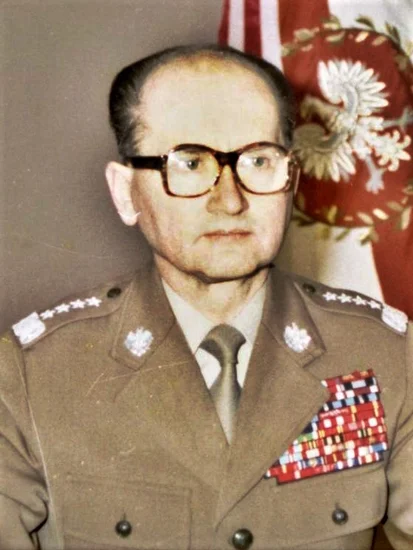
The Polish communist leader imposed military rule to crush the growing Solidarity movement threatening Soviet control. Tanks rolled through Warsaw streets as thousands of opposition activists faced arrest.
The martial law decree banned public gatherings and suspended civil liberties. This desperate attempt to maintain communist control ultimately failed, as Solidarity would eventually triumph in 1989.
2002 – European Union Announces Major Enlargement
The EU officially confirmed that ten new nations would join the bloc on May 1, 2004. Cyprus, Czech Republic, Estonia, Hungary, Latvia, Lithuania, Malta, Poland, Slovakia, and Slovenia received admission approval.
This historic expansion nearly doubled the EU’s membership and extended its borders to the former Soviet sphere. The enlargement represented the peaceful reunification of Europe after decades of Cold War division.
2003 – Saddam Hussein Captured in Iraq
American forces discovered the former Iraqi dictator hiding in a underground bunker near his hometown of Tikrit. Operation Red Dawn successfully captured one of the world’s most wanted men without firing a shot.
The disheveled appearance of the once-powerful leader shocked the world. His capture marked a crucial milestone in the Iraq War and brought hope for political stability in the region.
Military and Naval History on December 13
1937 – Japanese Forces Capture Nanking
The Japanese army overwhelmed Chinese defenders under General Tang Shengzhi and seized the Chinese capital. The fall of Nanking opened the door to one of World War II’s most horrific atrocities.
The subsequent Nanking Massacre saw Japanese troops systematically murder and assault hundreds of thousands of civilians. This war crime remains a source of tension between China and Japan today.
1939 – Battle of River Plate Fought
The German pocket battleship Admiral Graf Spee engaged three British cruisers off Uruguay’s coast in World War II’s first major naval battle. HMS Ajax, HMNZS Achilles, and HMS Exeter pursued the German raider across the South Atlantic.
The battle demonstrated the Royal Navy’s determination to hunt down German commerce raiders. Though damaged, the British ships forced the Graf Spee to seek refuge in neutral Montevideo harbor.
1943 – Massacre of Kalavryta Occurs

German occupying forces systematically murdered hundreds of Greek civilians in the mountain town of Kalavryta. This brutal reprisal action targeted innocent villagers suspected of supporting resistance fighters.
The massacre exemplified Nazi Germany’s ruthless occupation policies in the Balkans. Entire families perished as German troops sought to terrorize the local population into submission.
1974 – North Vietnamese Launch Final Offensive
Communist forces began their decisive Spring Offensive that would ultimately capture Saigon and end the Vietnam War. The massive military operation overwhelmed South Vietnamese defenses across multiple fronts.
American forces could no longer provide meaningful support to their former allies. The offensive’s success ensured Vietnam’s reunification under communist rule by April 1975.
1989 – IRA Attacks British Army Checkpoint
Provisional IRA fighters launched a deadly assault on a temporary British military checkpoint near Rosslea, Northern Ireland. The attack killed two soldiers and wounded two others in the ongoing sectarian conflict.
The Derryard checkpoint attack demonstrated the IRA’s continued ability to strike British forces. Such incidents perpetuated the cycle of violence that plagued Northern Ireland for decades.
Science and Discovery Milestones on December 13
1962 – NASA Launches Relay 1 Communications Satellite
America’s space agency successfully deployed the first active repeater communications satellite into Earth orbit. Relay 1 revolutionized global communications by enabling real-time signal transmission across continents.
The satellite’s technology amplified and retransmitted signals rather than merely reflecting them. This breakthrough laid the foundation for modern satellite communication networks that connect the world today.
1972 – Apollo 17 Astronauts Conduct Final Moonwalk
Eugene Cernan and Harrison Schmitt began their third and final lunar surface exploration, marking humanity’s last steps on the Moon. The astronauts collected valuable geological samples and conducted scientific experiments.
To date, no human has returned to the lunar surface since Apollo 17’s departure. Cernan and Schmitt remain the last people to walk on another celestial body.
1957 – Major Earthquake Strikes Iran

A magnitude 6.5 earthquake devastated the Farsinaj region of Iran, killing over 1,100 people and destroying thousands of homes. The powerful tremor registered VII on the Mercalli intensity scale.
Seismologists studied the earthquake to better understand regional geological activity. The disaster highlighted Iran’s vulnerability to seismic events along active fault lines.
1982 – Deadly Earthquake Hits North Yemen

A magnitude 6.0 earthquake struck southwestern Yemen with devastating intensity VIII effects, claiming 2,800 lives and injuring 1,500 more. The powerful tremor caused widespread structural damage across the region.
The earthquake exposed the vulnerability of traditional building methods to seismic forces. International aid organizations rushed to provide emergency assistance to survivors in remote mountain villages.
Cultural and Arts Events on December 13
1944 – Wassily Kandinsky Dies
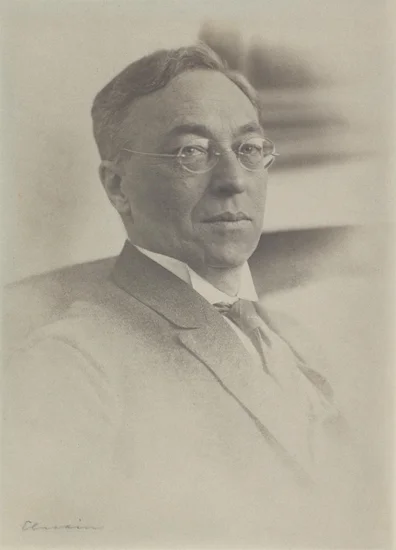
The pioneering abstract artist passed away in France, leaving behind a revolutionary artistic legacy that transformed modern art. Kandinsky’s innovative use of color and form influenced countless artists worldwide.
His theoretical writings on art’s spiritual dimensions proved equally influential. Kandinsky’s death marked the end of an era in abstract expressionism and modern artistic development.
1961 – Grandma Moses Dies
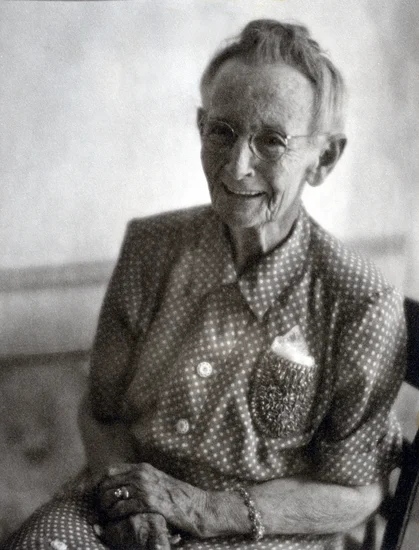
America’s beloved folk artist Anna Mary Robertson Moses passed away at age 101, having achieved international fame for her primitive paintings of rural life. Her charming depictions of American farm scenes captivated audiences worldwide.
Moses began painting seriously only in her seventies, proving artistic inspiration knows no age limits. Her death ended a remarkable career that brought American folk art to global prominence.
1962 – Harry Barris Dies

The talented singer-songwriter and pianist who helped shape early popular music passed away. Barris composed numerous hit songs and performed with various musical groups throughout his career.
His contributions to American popular music influenced the development of jazz and swing. Barris’s death marked the passing of an important figure in early 20th-century entertainment.
Religious and Social Events on December 13
1986 – Civil Rights Leader Ella Baker Dies
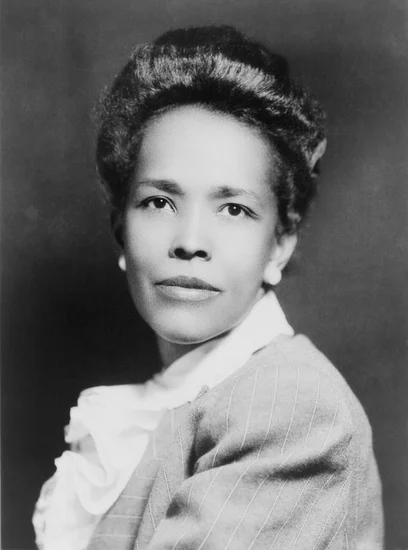
The influential civil rights organizer passed away after dedicating her life to fighting for social justice and equality. Baker worked behind the scenes to coordinate major civil rights campaigns across the American South.
Her grassroots organizing philosophy empowered local communities to lead their own liberation struggles. Baker’s death marked the end of an era in the civil rights movement’s organizational leadership.
1924 – Labor Leader Samuel Gompers Dies

The founder of the American Federation of Labor passed away after revolutionizing American worker organization. Gompers transformed scattered craft unions into a powerful national labor movement.
His pragmatic approach to labor relations established collective bargaining as a fundamental worker right. Gompers’s death ended an era of aggressive labor organizing in industrial America.
1983 – Religious Leader Alexander Schmemann Dies
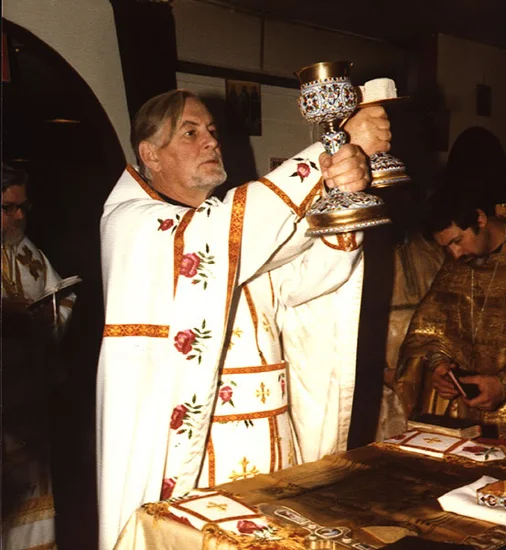
The influential Orthodox priest and theologian passed away after shaping modern Orthodox Christianity in America. Schmemann’s writings and teachings influenced theological education across denominational lines.
His work bridged Eastern and Western Christian traditions during a period of ecumenical dialogue. Schmemann’s death marked the loss of a major voice in 20th-century religious scholarship.
Business and Economic Events on December 13
1992 – Business Magnate K.C. Irving Dies
The Canadian entrepreneur who built a vast business empire across multiple industries passed away. Irving’s companies dominated sectors from oil refining to forestry throughout Atlantic Canada.
His business acumen transformed him from modest beginnings into one of Canada’s wealthiest individuals. Irving’s death marked the end of an era in Canadian business development.
1992 – Cornelius Vanderbilt Whitney Dies

The American businessman and philanthropist from the famous Vanderbilt family passed away. Whitney’s investments and philanthropic activities influenced various sectors of American society.
His family’s wealth and influence shaped American business and culture for generations. Whitney’s death continued the gradual passing of America’s great industrial dynasties.
2006 – Sports Entrepreneur Lamar Hunt Dies

The visionary businessman who co-founded the American Football League and World Championship Tennis passed away. Hunt’s innovations transformed professional sports into modern entertainment industries.
His entrepreneurial spirit helped create the Super Bowl and revolutionized tennis tournament organization. Hunt’s death marked the loss of one of sports’ most influential business leaders.
Transportation and Infrastructure on December 13
1977 – Air Indiana Flight 216 Crashes

The tragic aviation accident near Evansville Regional Airport claimed 29 lives, including the entire University of Evansville basketball team. The crash devastated the local community and collegiate athletics.
The disaster highlighted aviation safety concerns during winter weather conditions. Investigators studied the accident to improve flight safety protocols and prevent similar tragedies.
1994 – Flagship Airlines Flight 3379 Crashes

The aircraft crashed near Raleigh-Durham International Airport in North Carolina, killing all 15 people aboard. The accident occurred during approach to landing in challenging weather conditions.
Aviation authorities investigated the crash to identify safety improvements for regional airline operations. The tragedy underscored ongoing challenges in commercial aviation safety.
1995 – Banat Air Flight 166 Crashes

The Romanian aircraft crashed near Verona Villafranca Airport in Italy, resulting in 49 fatalities. The disaster shocked both Romanian and Italian aviation communities.
International investigators worked to determine the cause of the deadly accident. The crash highlighted safety challenges facing Eastern European airlines during the post-communist transition period.
Sports and Recreation on December 13
1977 – University of Evansville Basketball Team Perishes

The entire Purple Aces basketball team died in the Air Indiana Flight 216 crash, creating one of sports’ most tragic moments. The disaster devastated the university and local community.
The team had been traveling to compete against Middle Tennessee State University. This tragedy remains one of the most heartbreaking incidents in collegiate athletics history.
1911 – Cricketer Reggie Duff Dies

The Australian cricket player passed away after contributing to his country’s early cricket success. Duff’s batting skills helped establish Australia as a major force in international cricket.
His playing career coincided with cricket’s golden age when the sport gained global popularity. Duff’s death marked the passing of one of Australia’s pioneering cricket heroes.
2016 – Television Host Alan Thicke Dies

The Canadian actor and television personality passed away after entertaining audiences for decades. Thicke’s work as a game show host and talk show personality made him a beloved figure in entertainment.
His contributions to television variety shows influenced the medium’s development. Thicke’s death marked the end of an era in family-friendly television entertainment.
Notable Births on December 13
1925 – Dick Van Dyke Born

The future entertainment legend entered the world in Illinois, destined to become one of America’s most beloved performers. Van Dyke’s natural comedic timing and dancing ability would captivate audiences for generations.
His childhood experiences in the Midwest shaped his wholesome entertainment persona. Van Dyke would later star in classic television shows and Broadway productions that defined American family entertainment.
1929 – Christopher Plummer Born
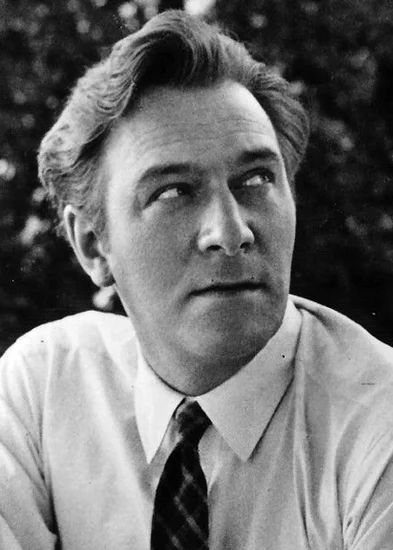
The Canadian actor who would become one of cinema’s most distinguished performers was born in Toronto. Plummer’s theatrical training and classical education prepared him for a legendary career spanning decades.
His early exposure to Shakespeare and classical theater influenced his dramatic approach. Plummer would later win Academy Awards and become renowned for his versatility across multiple entertainment mediums.
1945 – Ben Bernanke Born
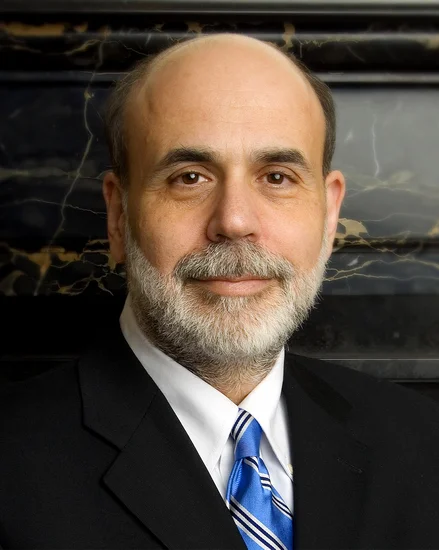
The future Federal Reserve Chairman and Nobel Prize-winning economist was born in Georgia. Bernanke’s academic brilliance and analytical mind would later guide America through major economic crises.
His childhood during World War II shaped his understanding of economic uncertainty. Bernanke would become one of the most influential economists of the early 21st century.
1948 – Steve Buscemi Born

The distinctive character actor was born in Brooklyn, New York, beginning a life that would lead to iconic film roles. Buscemi’s unique appearance and acting talent would make him one of cinema’s most recognizable faces.
His working-class background and firefighter experience influenced his authentic portrayals of everyday characters. Buscemi would later become a respected director and cultural icon.
1956 – Ted Nugent Born

The future rock musician and controversial public figure was born in Detroit, Michigan. Nugent’s aggressive guitar playing and outspoken personality would make him a polarizing figure in American culture.
His early exposure to hunting and outdoor activities shaped his libertarian worldview. Nugent would become known for both his musical talents and political activism.
1974 – Taylor Swift Born

The future global superstar was born in Pennsylvania, beginning a journey that would revolutionize popular music. Swift’s songwriting talent and business acumen would make her one of the most successful artists in history.
Her childhood experiences would later inspire countless songs that resonated with millions of fans. Swift would become a cultural phenomenon transcending music industry boundaries.
1981 – Amy Lee Born

The Evanescence lead singer was born in California, destined to become one of rock music’s most powerful voices. Lee’s classical training and gothic sensibilities would create a unique sound in alternative rock.
Her early piano lessons and operatic vocal training influenced her distinctive style. Lee would later front one of the most successful rock bands of the 2000s.
Notable Deaths on December 13
1908 – Augustus Le Plongeon Dies
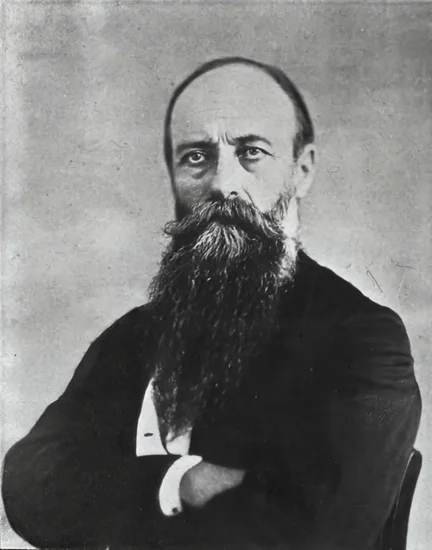
The French photographer and amateur archaeologist passed away after dedicating his life to studying ancient Mayan civilization. Le Plongeon’s controversial theories about Mayan culture influenced early archaeological studies.
His photographic documentation of Mayan ruins provided valuable historical records. Though some of his interpretations were later disputed, Le Plongeon’s work contributed to growing interest in pre-Columbian civilizations.
1930 – Fritz Pregl Dies

The Austrian chemist and Nobel Prize laureate passed away after revolutionizing organic microanalysis. Pregl’s innovative techniques enabled chemists to analyze much smaller samples than previously possible.
His methods transformed pharmaceutical research and biochemistry. Pregl’s death marked the loss of one of the early 20th century’s most important analytical chemists.
1935 – Victor Grignard Dies
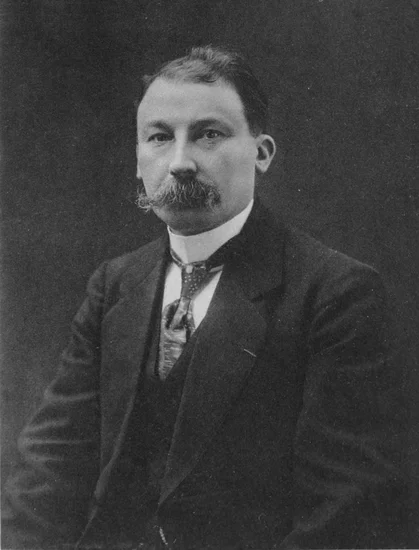
The French chemist and Nobel Prize winner passed away after discovering the Grignard reaction that bears his name. This fundamental chemical process became essential to organic synthesis.
His work enabled chemists to create complex organic molecules more efficiently. Grignard’s death marked the end of a pioneering career in organic chemistry.
1945 – Irma Grese Dies

The Nazi concentration camp guard was executed for her war crimes at Bergen-Belsen and Auschwitz. Grese’s brutal treatment of prisoners made her one of the most notorious female war criminals.
Her trial and execution demonstrated the Allies’ commitment to prosecuting Holocaust perpetrators. Grese’s death brought justice for countless victims of Nazi atrocities.
1955 – Egas Moniz Dies
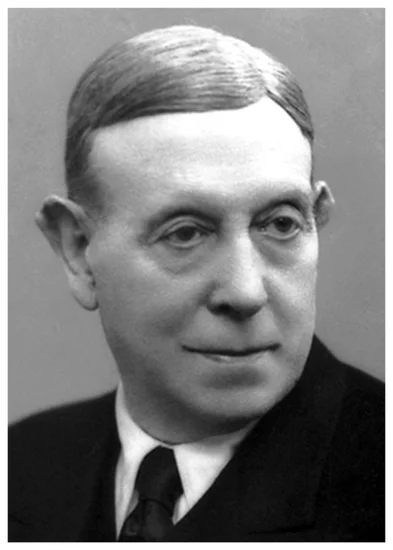
The Portuguese neurologist and Nobel Prize winner passed away after pioneering the prefrontal lobotomy procedure. Moniz’s controversial treatment for mental illness influenced psychiatric medicine for decades.
His work on cerebral angiography also advanced neurological diagnosis. Though the lobotomy was later discredited, Moniz’s contributions to neuroscience remained significant.
1969 – Raymond Spruance Dies

The distinguished American admiral who commanded crucial World War II Pacific naval operations passed away. Spruance’s strategic brilliance helped defeat Japanese naval forces at the Battle of Midway.
His tactical expertise and calm leadership style made him one of America’s most effective naval commanders. Spruance’s death marked the passing of a true naval hero.
2018 – Noah Klieger Dies
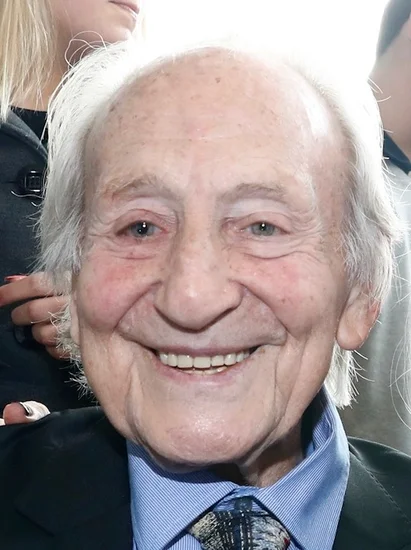
The Holocaust survivor who became an award-winning Israeli journalist passed away at age 92. Klieger’s experiences in Nazi concentration camps shaped his lifelong commitment to documenting history.
His journalism career spanned decades of Israeli history and Middle Eastern conflicts. Klieger’s death marked the loss of both a Holocaust witness and respected journalist.
2022 – Stephen “tWitch” Boss Dies

The beloved dancer and television personality passed away tragically at age 40, shocking the entertainment world. Boss’s infectious energy and positive spirit made him a fan favorite on various television shows.
His death highlighted the importance of mental health awareness in the entertainment industry. Boss’s passing marked the loss of a talented performer who brought joy to millions.
Holidays and Observances on December 13
Saint Lucia Day Celebrated
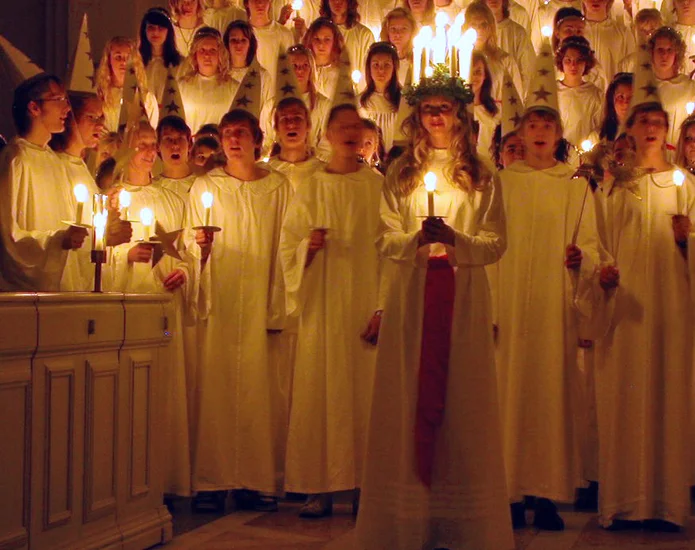
Nordic countries honor Saint Lucia with traditional festivals of light during the darkest time of year. Swedish families celebrate with processions led by young girls wearing crowns of candles.
The holiday combines Christian traditions with ancient winter solstice celebrations. Modern celebrations include special foods, songs, and community gatherings that bring warmth to cold December days.
National Day of Saint Lucia
The Caribbean island nation celebrates its independence from British colonial rule. Saint Lucia gained sovereignty in 1979 and commemorates this achievement with parades and cultural events.
The celebration showcases the island’s rich cultural heritage and natural beauty. Citizens participate in festivities that honor both their independence and unique Caribbean identity.
Republic Day in Malta

Malta commemorates its transformation from British dominion to independent republic in 1974. The day marks the nation’s final step toward complete sovereignty and self-governance.
Maltese citizens celebrate with ceremonies honoring their democratic institutions and Mediterranean heritage. The holiday represents Malta’s successful transition to full independence and republican government.
Martial Law Victims Remembrance Day in Poland
Poland remembers the victims of martial law imposed by the communist government in 1981. The day honors those who suffered under military rule and fought for democratic freedom.
Polish citizens participate in memorial services and educational programs about this dark period. The observance ensures that younger generations understand the importance of defending democratic values and human rights.
